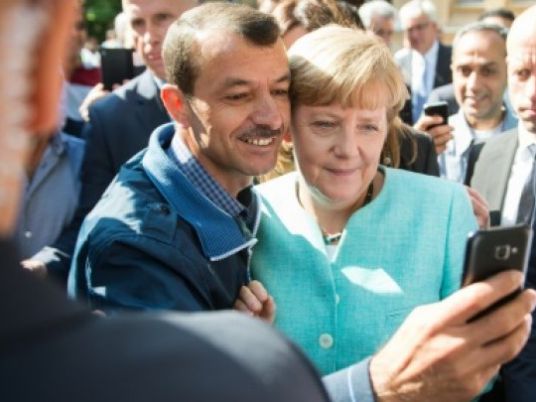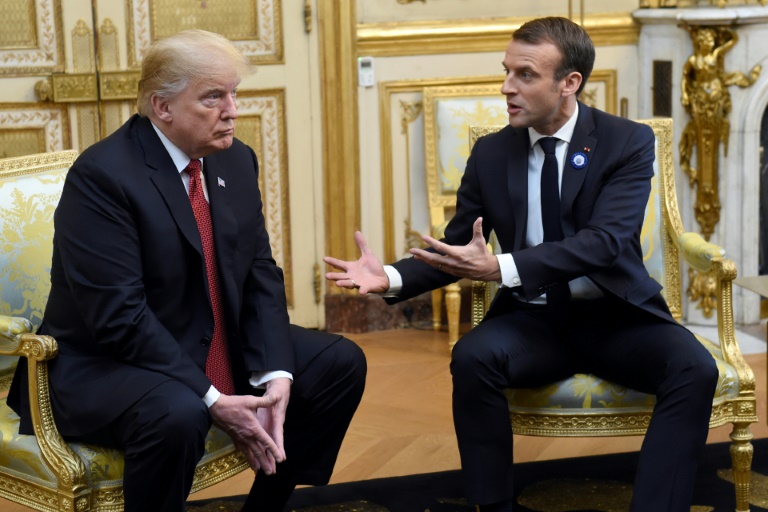
Chancellor Angela Merkel came under renewed pressure from her own conservatives on Friday to stem the flow of refugees into Germany as she heads to a weekend summit of European Union leaders and Turkey's prime minister.
Roughly a million refugees and migrants fleeing war and deprivation in the Middle East, Africa and Asia are expected to arrive in Germany this year alone – the majority of those reaching Europe – and local authorities are struggling to cope.
Merkel has faced intense pressure from her own conservative Christian Democrats (CDU) and their Bavarian sister party, the Christian Social Union (CSU), to change course on her open-door refugee policy. They gave her a final reminder on Friday.
"Immigration is to be limited to a dimension that does not exceed society's acceptance and which also guarantees the country's long-term integration capacity," conservative interior policy officials from both the federal and state level said in a statement after meeting in Berlin.
Germany cannot take in all refugees and displaced people, they added
In an address to parliament on Wednesday, Merkel said she would stick to her open-door refugee policy, defying criticism at home and abroad which has intensified due to fears about a potential security risk after the Islamist attacks in Paris.
Merkel wants a multi-pronged solution to the crisis, centred on working with other EU countries and Turkey. Others in her ruling coalition want to cap Germany's refugee intake.
European and Turkish officials are working to smooth out their remaining differences on an agreement to help stem flows of migrants to Europe, which they hope will be signed on Sunday.
German government sources said they were optimistic an action plan could be agreed with Turkey and signed at Sunday's summit.
Popular support for Merkel and her conservatives has waned in the last three months due to the migrant influx. But a Forsa poll on Wednesday put her conservative bloc up three points at 39 percent due to the effect of the Paris attacks, which Forsa's chief said drives voters back to the incumbent party.
In an encouraging sign for Merkel, a spokesman for Germany's federal police said 6,561 migrants arrived in the country on Thursday, the lowest number on any day in November.




